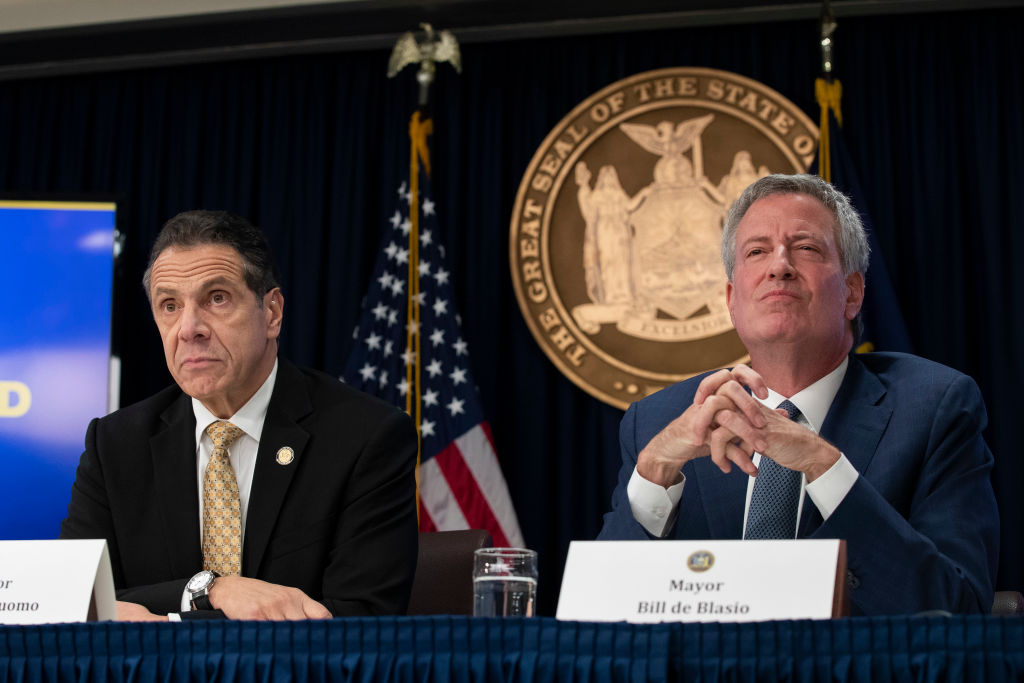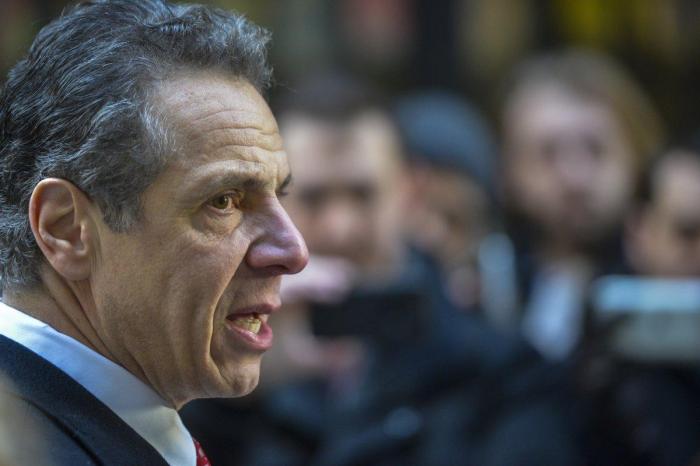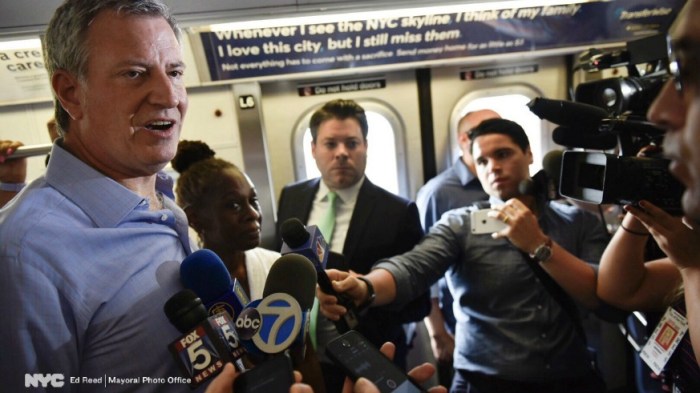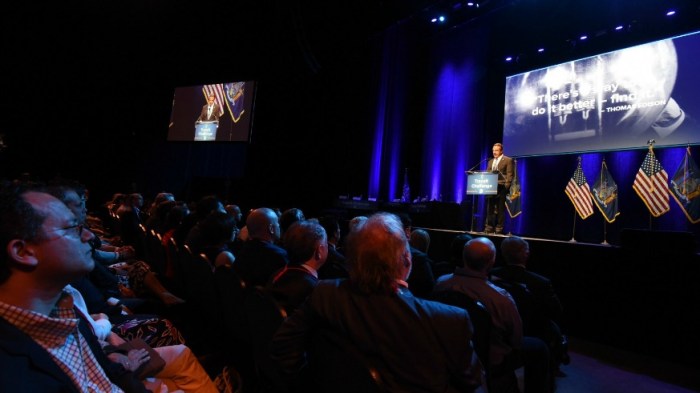Now that Gov. Andrew Cuomo wants to bring recreational marijuana to New York, Mayor Bill de Blasio is giving specifics on what legal cannabis in the city might look like. Releasing a report, titled “A Fair Approach to Marijuana,” from his Task Force on Cannabis Legalization, de Blasio wants to redress past discrimination and protect local communities.
“We have a once-in-a-generation opportunity to get a historic issue right for future New Yorkers,” de Blasio stated. “Legal cannabis is coming to New York state. When it does, we must do all we can to make sure that happens in a way that is safe, takes the health of New York City residents into account, and above all, provides opportunity while righting wrongs.”
The 79-page document presents an exhaustive list of suggestions the task force will send to Albany ahead of next year’s legislative session, as well as more local regulations the City Council will pursue.
Fundamental to this plan is a policy to automatically erase past convictions for marijuana possession without requiring that former convicts petition individually; district attorneys would be permitted to raise objections, but only for specific cases. Furthermore, the plan suggests investing tax revenues from legal cannabis directly into “communities most impacted by past criminalization in order to improve education, job prospects and overall quality of life.”
“As New York moves closer to creating a legal market, which my office has shown will generate billions of dollars, we must prioritize correcting historic injustices and backward policies of the past,” said New York City Comptroller Scott Stringer. “We know that lower-income black and Latinx New Yorkers have been hit hardest by marijuana enforcement, and they should be the first to benefit from legalization. That means developing a cannabis equity program and investing in these communities — it’s the only way forward.”
Additionally, the task force recommends a slew of policies and regulations meant to prevent large companies, specifically tobacco conglomerates, from muscling out local businesses. These plans include establishing zoning restrictions, trust-busting laws, community-focused incubators and providing loans to legal cannabis companies just starting out.
“Legalization can follow two routes. In one, corporate cannabis rushes in and seizes a big, new market, driven by a single motive: greed,” de Blasio wrote. “In another, New Yorkers build their own local cannabis industry, led by small business and organized to benefit our whole diverse community.”
What legal cannabis will look like
When it comes to consumption, de Blasio’s plan would treat marijuana in much the same way as alcohol. Specifically, the task force recommended establishing specific standards for packaging, marketing and production of cannabis products, as well as banning public consumption, in much the same manner as alcohol. The mayor also suggested setting the minimum legal age for marijuana consumption at 21, establishing safe-use education programs and restricting criminal penalties for cannabis violations (such as public intoxication) to civil, rather than criminal penalties.
While the plan sets a concrete agenda for the legalization process, it admits that contending with federal laws, under which marijuana possession is still illegal, poses some complications. For example, since lending money to cannabis businesses would technically violate money-laundering laws, federal banks will likely be skittish about supporting pot transactions. Likewise, those working in these businesses will face difficulties getting federally secured bank accounts or mortgages, and non-citizens would still face deportation if arrested by federal agents.

























